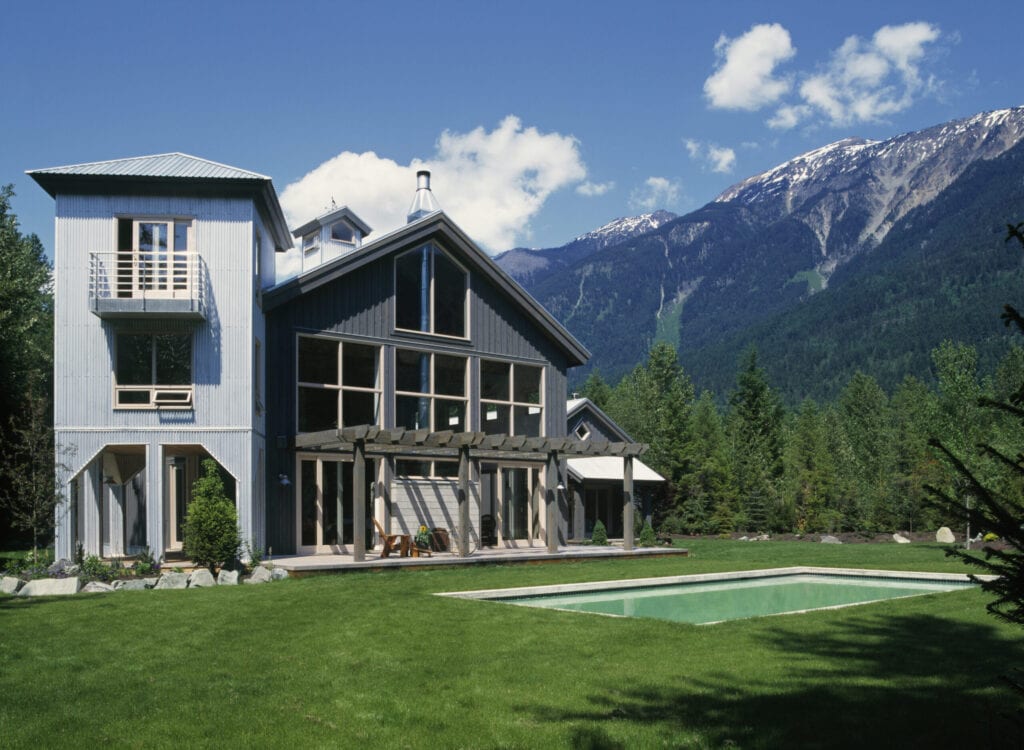
If you are looking to embrace a way of living that’s a bit outside of the ordinary, the thought of living in a mountain area may appeal to you. This setting is ideal for individuals who appreciate tranquility, natural beauty and the chance of inhabiting a slice of mostly untouched nature. This is also for people who want to get away from the busyness and stress present in city life.
Before you shop for the best mortgage rates and purchase your serene residential property nestled among the wildlife and trees of the mountains, you need to be aware of the possible difficulties and challenges of living in the mountains.
Here are some things you should consider before you start this kind of unique homeownership:
- The Transition
This is crucial for buyers moving from a city to a mountain. You’ll need to think about what you might be losing about suburban or urban living. Remember that some conveniences found in cities will not be available in your new mountain life.
- Wildlife
The diverse wildlife found only in a mountainous location is both a pro and a con to mountain living. On one hand, finding deer prints or watching a family of fluffy rabbits hopping along from your window can be delightful.
On the other hand, you need to be aware of the risks of living so close to wild animals. Hawks, foxes, coyotes, wolves and bears are all predators. If you have a family pet, such as a dog or a cat, that likes to spend time playing outside, you’ll need to consider when and where it would be safe for them to play.
Consider if you need to put up a covered area or have to supervise the time of your pets outdoors to help look out for those unwanted predators. If the area you want to live in, for instance, has black bears, remember that they can get into your garbage cans like raccoons.
Then, there are the smaller animals. Some of them are more than just a nuisance. Bats, which can carry rabies and other types of viruses, can be dangerous if they find a way to your house.
- Weather and Seasonal Issues
When you reside in a sloped area, you can expect the weather to affect you and your household more than usual.
Heavy rains, for example, could provoke mudslides. The trees and rocks caught up in those falls could seriously damage your residential property. This can make your home insurance a little more expensive. What’s more, this kind of natural weather could make driving impossible and keep you stranded until the situation calms down – or worse, until rescue comes.
Another natural calamity that you should think about is wildfires. Forest fires are common in some states. If these fires occur in your area, consider taking precautions in case the flames get too close to your residential property.
During wintertime, heavy snow or freezing conditions can make the roads dangerous. The weather can even keep you snowed in for a few days. If you purchase your house in a private community, the city snowplows may not salt or clear up those private roads.
When purchasing a property in the mountains, you’ll have to go beyond weatherproofing your home. Think about the weather risks in your chosen area and consult your real estate agent about emergency protocols and preventative measures during extreme weather conditions.
- Communication
The seclusion of a mountain house can mean that the cell service in your chosen location is spotty. If you find that you constantly have zero bars, you might need to install a landline.
- Commuting
Mountain living often means limited access to bigger roadways and highways. Getting to the main road may take you a while, especially if you choose to live in a far-off location.
If you want to travel from the mountain to a nearby city, do a few trial runs during the evening and morning rush. You’ll take longer to get your medications, groceries and other day-to-day items that people often take for granted. Forgotten grocery items, such as milk and eggs, will end up being more than just a nuisance. You, therefore, should be more organized when you’re doing errands.
- Power Outage
Outages tend to happen often in the mountains. You need to be ready for these events by purchasing extra candles, batteries and flashlights. Store extra water, as well.
You may also want to buy a standby generator and a propane tank for cooking. Power outages in mountain areas can last up to several days.
The mountains have a lot to offer to prospective homeowners – unrivaled views, simple living and fresh air. Before you buy a house in the mountains, think carefully if this environment or setting is right for you and your family.